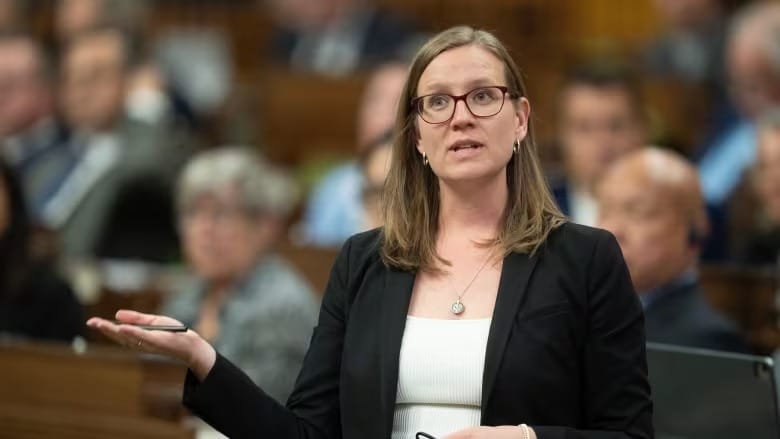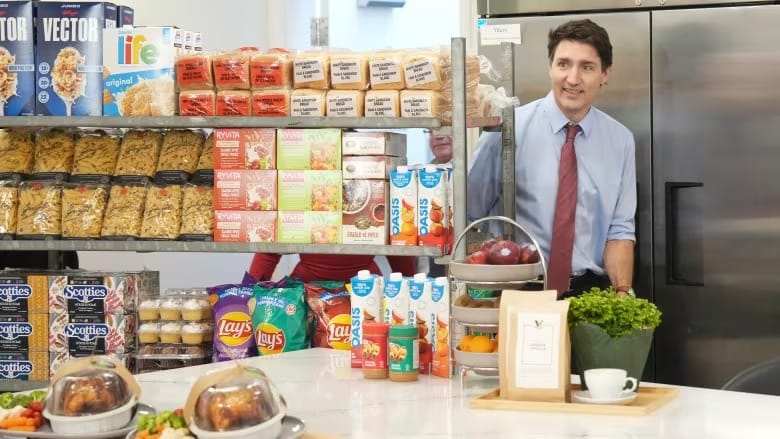Liberals will vote against Bloc's pension motion, government House leader says
Bloc has said the government must move forward on pension legislation or risk an early election

Government House leader Karina Gould announced that the Liberals will vote against a significant Bloc Québécois motion today, which the opposition party has presented as a condition for its support in future confidence votes.
Bloc Leader Yves-François Blanchet introduced a motion on Tuesday urging the government to back Bill C-319, a private member's bill proposed by the Bloc that seeks to increase Old Age Security (OAS) payouts for seniors aged 65 to 74 by 10 percent.
For the Bloc's pension legislation to pass, the Liberal government must grant a "royal recommendation," as a private member's bill cannot mandate Ottawa to allocate more funds without cabinet approval.
Gould explained on Wednesday that the Liberals would not endorse the Bloc's motion because it sought to pressure the government into granting that royal recommendation.
"It is not appropriate for an opposition day motion to set the precedent of getting a royal recommendation," Gould stated to reporters on Parliament Hill.
Blanchet has cautioned the government that if it does not advance the Bloc's pension legislation by the end of this month, the party will begin discussions with other opposition parties to instigate an early election.
The Bloc leader emphasized that there is no room for negotiation regarding his party's proposal.
"There's nothing to negotiate. You do this before Oct. 29, or we negotiate with other opposition parties to have the government fall," Blanchet told reporters on Tuesday.
The Parliamentary Budget Officer (PBO) has indicated that the proposed OAS increase from the Bloc would cost $16 billion over the next five years, contributing to a national debt that has now surpassed $1.2 trillion. This year's cost of servicing that debt amounts to approximately $54 billion.
Earlier on Wednesday, several Liberals remarked that the Bloc's proposal does not target the most vulnerable seniors.
"I think the question is how we should be better supportive of our vulnerable seniors. There are seniors that are doing really well in our country," said Public Services Minister Jean-Yves Duclos to reporters.
Ontario Liberal MP Nathaniel Erskine-Smith described the Bloc's legislation as "too expensive and poorly targeted."
"If you're thinking of the people in real need right now, it is low-income seniors and young Canadians struggling to enter the housing market, struggling to afford rent," Erskine-Smith stated.
"If anyone thinks that in today's fiscal environment… that it's useful to spend a new taxpayer dollar — a taxpayer dollar we don't have — on seniors who are making over $120,000, the Bloc should explain that logic to me."
Statistics Canada data from 2022 indicates that individuals over the age of 65 are less likely to be classified as low-income. Seniors have the lowest poverty rates of all age groups, with about 11 percent of those aged 18 to 64 considered "low income," compared to just six percent of those aged 65 and older.
The vote on the Bloc's motion is anticipated to take place this afternoon.





